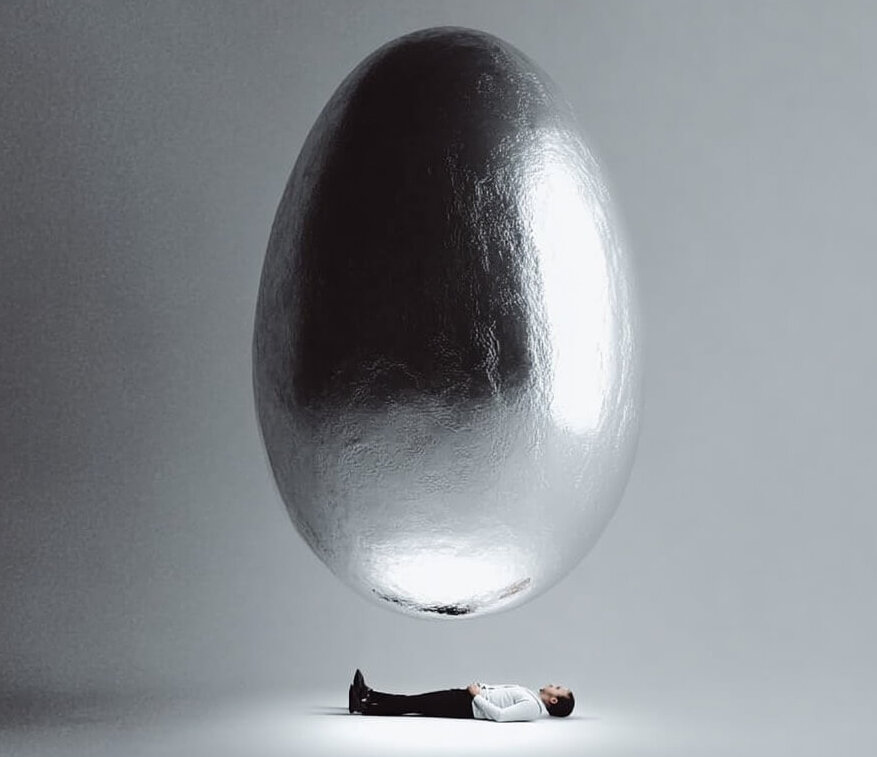

Conductor Markus Stenz
Director Damiano Michieletto
Sets Paolo Fantin
Costumes Carla Teti
light designer Alessandro Carletti
La Fenice Orchestra & Choir
Chorus Master Alfonso Caiani
Hungarian National Male Choir
Chorus Master Richárd Riederauer
LOCANDINA
Heinrich der Vogler Andrea Silvestrelli
Lohengrin Brian Jagde
Elsa Dorothea Herbert
Friedrich von Telramund Claudio Otelli
Ortrud Chiara Mogini
Heerrufer des Königs Äneas Humm
conductor Markus Stenz
director Damiano Michieletto
set Paolo Fantin
costum Carla Teti
light design Alessandro Carletti
La Fenice Orchestra & Choir
Chorus Master Alfonso Caiani
La Fenice staging
in co-production with Fondazione Teatro dell’Opera di Roma,
Palau de les Arts Reina Sofía in Valencia
with Italian and English surtitles


